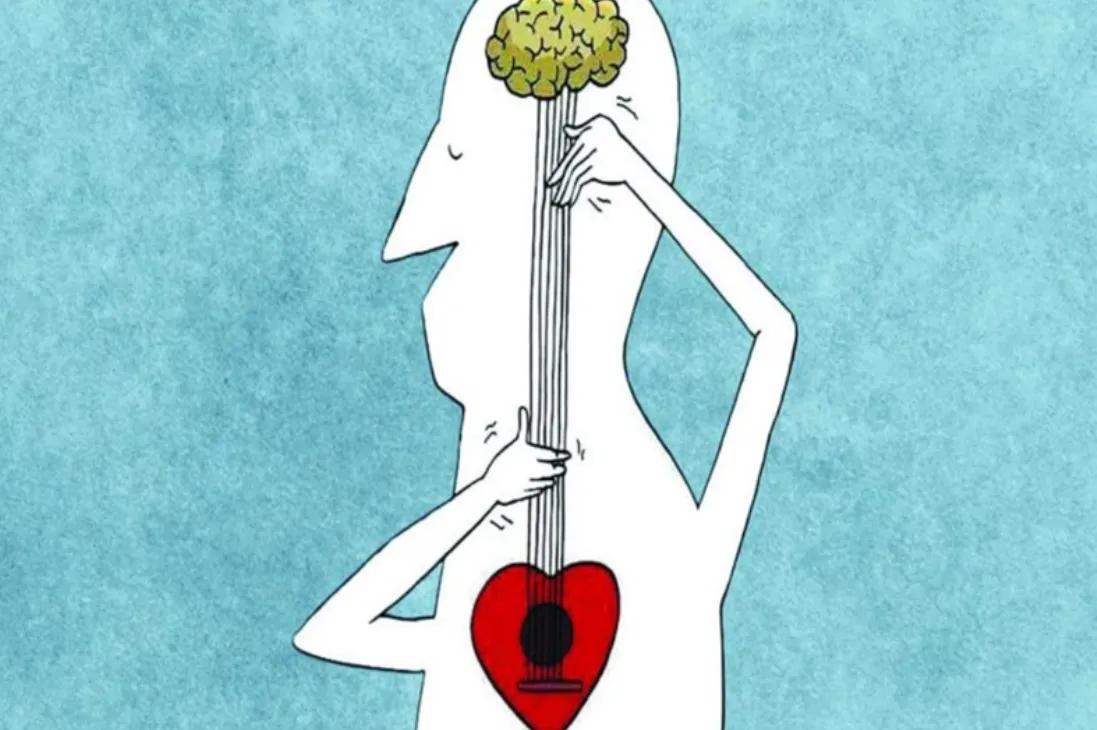Happiness often seems like a long-term pursuit, but research shows that small, intentional actions can trigger positive emotions almost instantly. By understanding the brain’s neurochemistry and incorporating simple habits, anyone can create quick bursts of joy that contribute to overall well-being.
The Science Behind Happiness
Happiness is closely linked to several key neurotransmitters that regulate mood and emotions:
Dopamine: Often called the “reward chemical,” dopamine is released when we experience something pleasurable, such as achieving a goal, receiving compliments, or enjoying a favorite activity.
Serotonin: This neurotransmitter is associated with mood stability, calmness, and well-being. Sunlight exposure, exercise, and certain foods, like dark chocolate and nuts, can naturally boost serotonin levels.
Endorphins: These are the body’s natural painkillers, released during exercise, laughter, and even spicy food consumption. They create a sense of euphoria and reduce stress.
Quick and Healthy Ways to Boost Happiness
- Start Your Day Without Social Media Avoid checking social media for at least an hour after waking up. This prevents your brain from being overwhelmed with unnecessary information and allows for a calmer, more focused start to the day. Instead, engage in a relaxing activity such as reading, stretching, or journaling.
- Spend Time in Natural Light Exposing yourself to natural light for a few minutes each morning helps regulate your body's internal clock and boosts serotonin levels, enhancing mood and energy levels. If possible, step outside or sit by a window.
- Take a Short Walk—Preferably in Nature A 10-minute walk, especially in a green environment, has been shown to reduce stress hormones, improve cognitive function, and elevate mood. Even if nature isn't accessible, movement alone can still provide a boost.
- Try a Quick Breathing Exercise Deep breathing techniques, like the 4-7-8 method, activate the parasympathetic nervous system, promoting relaxation and reducing anxiety almost instantly.
- Listen to a Feel-Good Song Music has a direct impact on dopamine levels. Listening to a song you love can elevate your mood and help reframe a stressful situation. Singing along can enhance the effect even further.
- Do a Small Physical Activity Even a 30-second stretch, a few jumping jacks, or a quick dance can release endorphins and improve circulation, making you feel more awake and positive.
- Practice a One-Minute Gratitude Reflection Pause to think of three things you're grateful for. This shifts focus from stress to positivity and stimulates dopamine release, reinforcing feelings of happiness.
- Hydrate with a Glass of Water Mild dehydration can lead to fatigue and irritability. Drinking water can refresh your body and mind, instantly improving focus and mood.
- Engage in a Random Act of Kindness Doing something kind for someone else, like sending a thoughtful message or holding the door for someone, releases oxytocin, the hormone associated with connection and happiness.
- Use an Uplifting Scent Aromatherapy can significantly impact mood. Scents like lavender for relaxation, citrus for energy, or peppermint for focus can provide an instant emotional shift.
The Role of Healthy Habits in Long-Term Happiness
Happiness isn’t something that just happens—it’s something we create. Science shows that small daily choices, like smiling, moving our bodies, and practicing gratitude, can rewire our brains to feel more joy. Dopamine, serotonin, and endorphins are all within our control, and we can activate them through simple actions. The key to lasting happiness isn’t waiting for the perfect moment—it’s deciding to find joy in the present. Every day is a chance to build a happier, stronger version of yourself. So, take that first step, embrace positivity, and remember: happiness starts with you.

